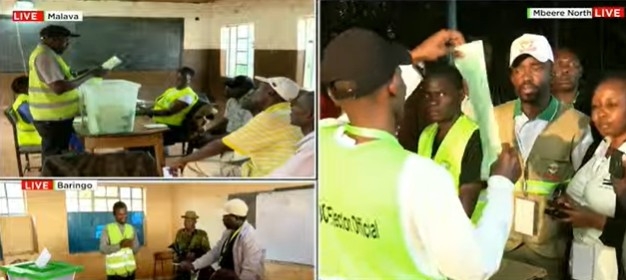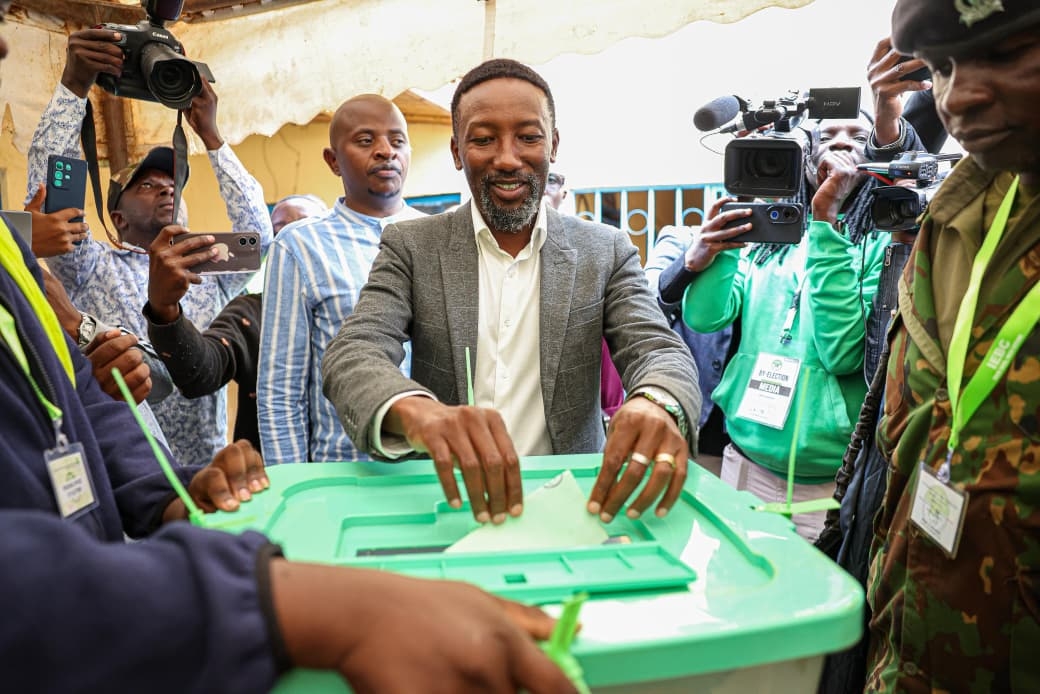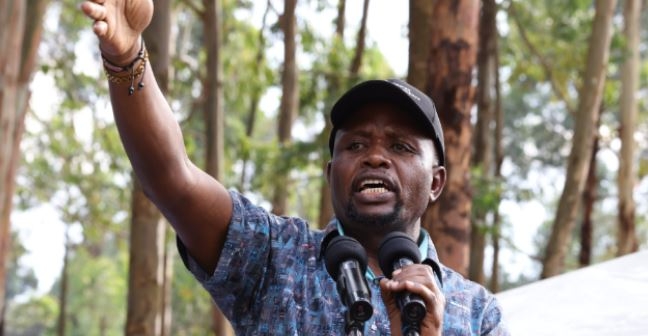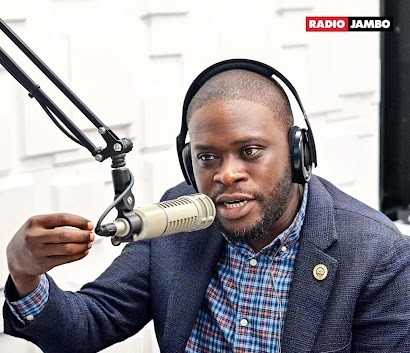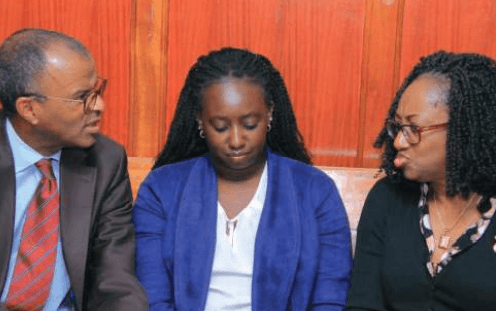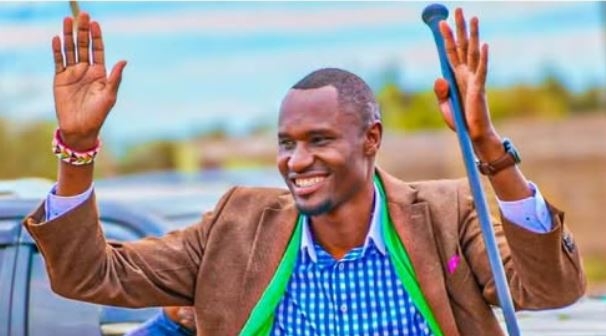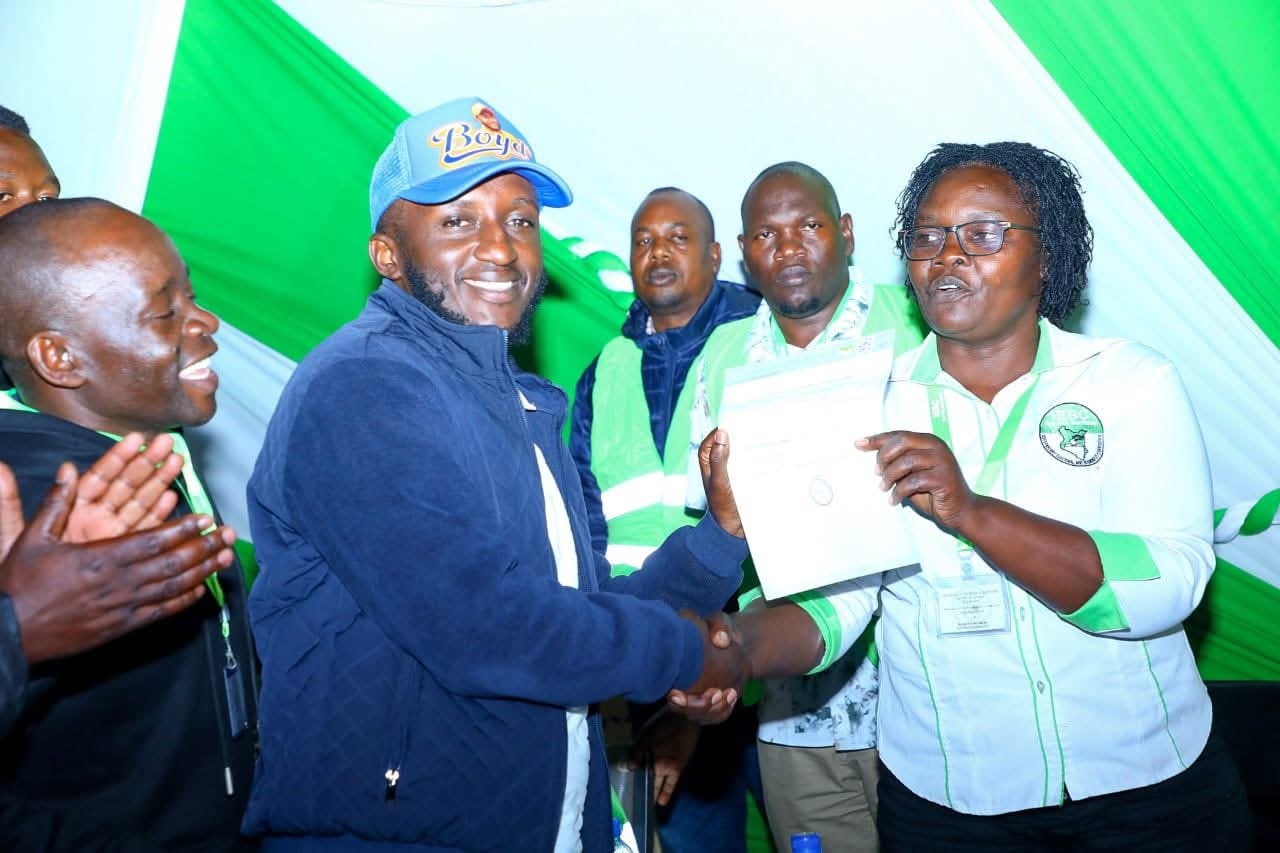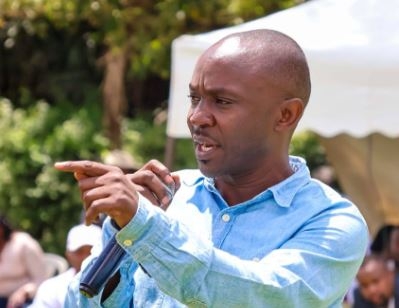Elephants trample and eat many crops but they don't like sunflowers.
That's why a KWS and Bidco community project is giving communities sunflower seeds to plant near Amboseli National Park, which is known for its elephants. It's a human-elephant hotspot.
In 2020, KWS provided seeds. About 180 sunflower farmers were registered and the programme will expand this week to 300 farmers in the planting season.
Communities will sell the sunflowers to Bidco, which will produce cake, oil and sunflower seeds and sell them.
Much of the returns will be ploughed back into the community.
The same is true of beekeeping and growing soya, which will not attract animals and cause conflict with humans.
Communities living in or near areas prone to human-wildlife conflict will be helped to start agribusinesses.
KWS director general John Waweru on Monday signed an agribusiness MoU with Bidco Africa Ltd group director Chris Diaz and other partners. Signing took place at KWS headquarters in Nairobi.
Bidco is one of Africa's larges food manufacturers and processors, operating in 22 countries. It also produces other items, everything from roses and cooking oil to spaghetti.
Waweru said community support for the project is a win-win for everyone, as most wildlife live outside protected areas.
“Human-wildlife coexistence will be amplified if communities have a sense of ownership and benefit from proximity to wildlife,” he said.
He appealed to other partners to provide beehives, due to financial constraints.
Bidco's Diaz said the company’s objective is to work with communities. He said the firm's agribusiness-driven projects involve 30,000 farmers who grow sunflowers and soya to sell to the company.
Sunflower seeds are taken to Nakuru for oil extraction and the cake is made into high-nutrition feed for all types of farm animals.
KWS and Bidco agreed to join withother partners such as the Kenya Commercial Bank Foundation, which trains and develops entrepreneurs.
Diaz said Bidco would explore if other stakeholders would provide beehives.
John Kariuki, head of Bidco's agribusiness development, said the project will help farmers reeling from the effects of Covid-19. He said technical staff in Amboseli would help them with sunflowers, beekeeping and soya.
Bidco MD of agriculture venture Pauline Kamwara said it incorporates beekeeping in sunflower production, which increases sunflower yields and extra revenue from honey.
Corporate Social Responsibility projects include free training of women and youth.
KWS deputy director for devolution and community service Dickson Lesimirdana said the project focuses on the Amboseli ecosystem because it is a human-wildlife conflict hotspot.
Wildlife mostly depend on dispersal areas, most of them outside protected areas. Ninety per cent of conflict involves crop raiding and 80 per cent involves elephants.
The project, which began last year, planted sunflowers during the short rains because research shows elephants are not attracted to sunflowers for food, making the plants an ideal commercial crop..
Under this MoU, Bidco will provide a market for all sunflowers and will train communities in sunflower growing. Itwill also ensure prompt payment.
KWS will identify appropriate areas and pilot the project before expanding it to areas of serious human-jumbo conflict, such as Kimana and Loitoktok.
Edited by Kiilu Damaris



